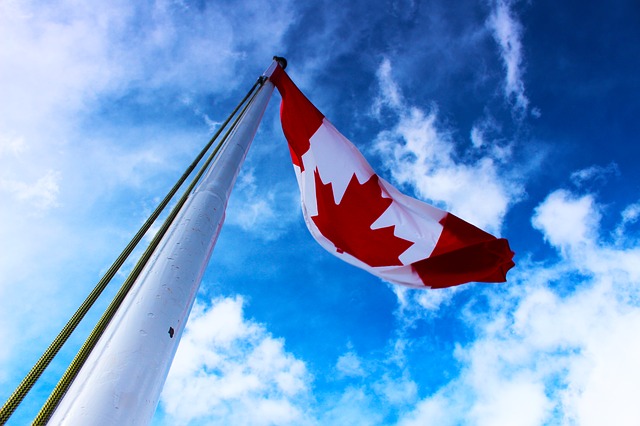Canada News
Tsilhqot’in Nation to be recognized as full partner in wildfire response
VANCOUVER — The Tsilhqot’in Nation has signed a first-of-its-kind agreement with the federal and British Columbia governments that recognizes the First Nation as a full partner in wildfire response.
Through the agreement, the three governments will work together to identify best practices, define roles and build the First Nation community’s capacity to manage emergencies.
Tl’etinqox Chief Joe Alphonse said he’d like to see a culturally-appropriate First Nations evacuation centre established, as well as a training facility.
Alphonse’s community, which he said has 400 trained firefighters and understands fire response better than anyone, defied an evacuation order in 2017.
Although wildfires encircled three quarters of his community, Alphonse said the flames posed less of a threat than the federal and provincial governments, which failed to acknowledge the First Nation’s jurisdiction and expertise.
“Those fires this summer, they were never a threat to us — government officials were. A lot has got to change,” said Alphonse. “I think this is where it starts.”
Alphonse said he doesn’t expect concrete changes in emergency response to be in place in time for the coming wildfire season, which is two months away. But he said he’s hopeful that the tripartite agreement will lay the groundwork for future change.
Both the B.C. and Tsilhqot’in governments have yet to release reviews of the 2017 wildfire season, which was the worst in B.C. history and displaced tens of thousands of residents.
Attorney General Jody Wilson-Raybould described the agreement as “truly historic.”
“The result of this work will be a foundation for a new relationship that respects the jurisdiction of the Tsilhqot’in chiefs to protect their people, property and assets in an emergency,” Wilson-Raybould said.
B.C. Indigenous Relations Minister Scott Fraser said he heard from several First Nations in the wake of the crisis that they did not feel they were treated as equal partners and experienced institutional racism in the government’s emergency response.
“Those are hard truths for any government to face and hear. Government has work to do. There are lessons to be learned and they’re being learned,” Fraser said.
He said the agreement is an important step toward reconciliation.






















